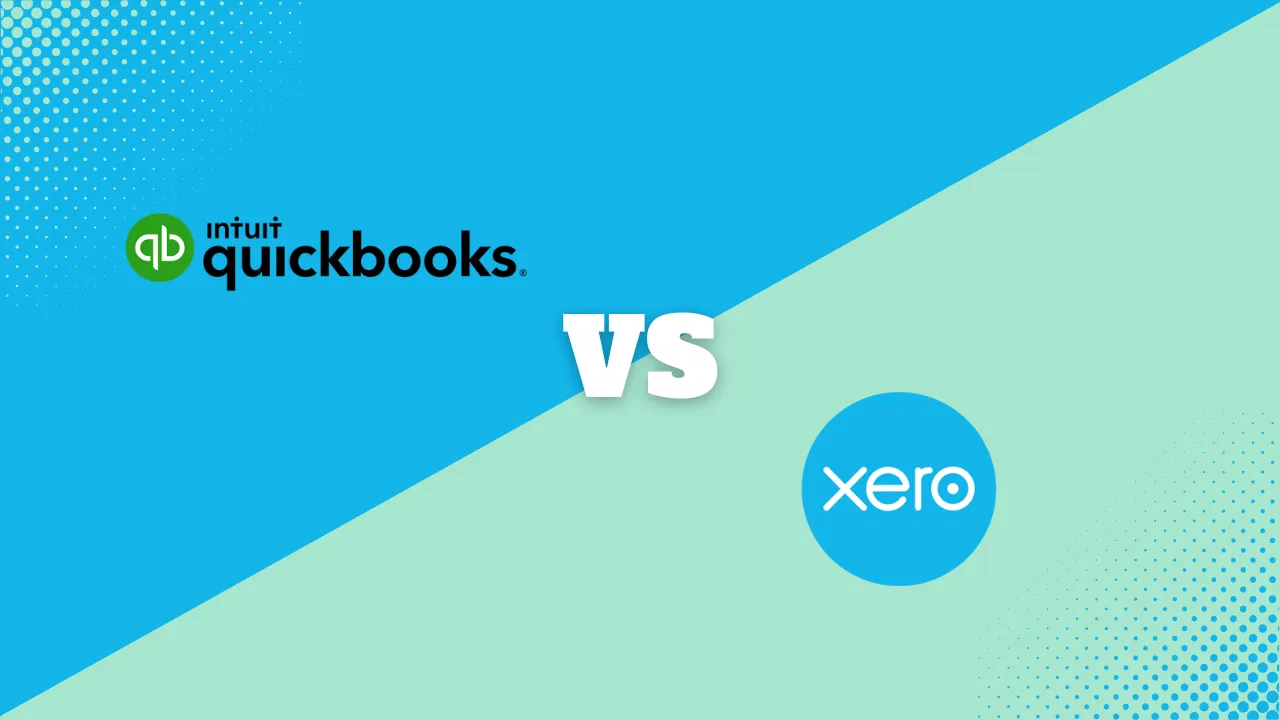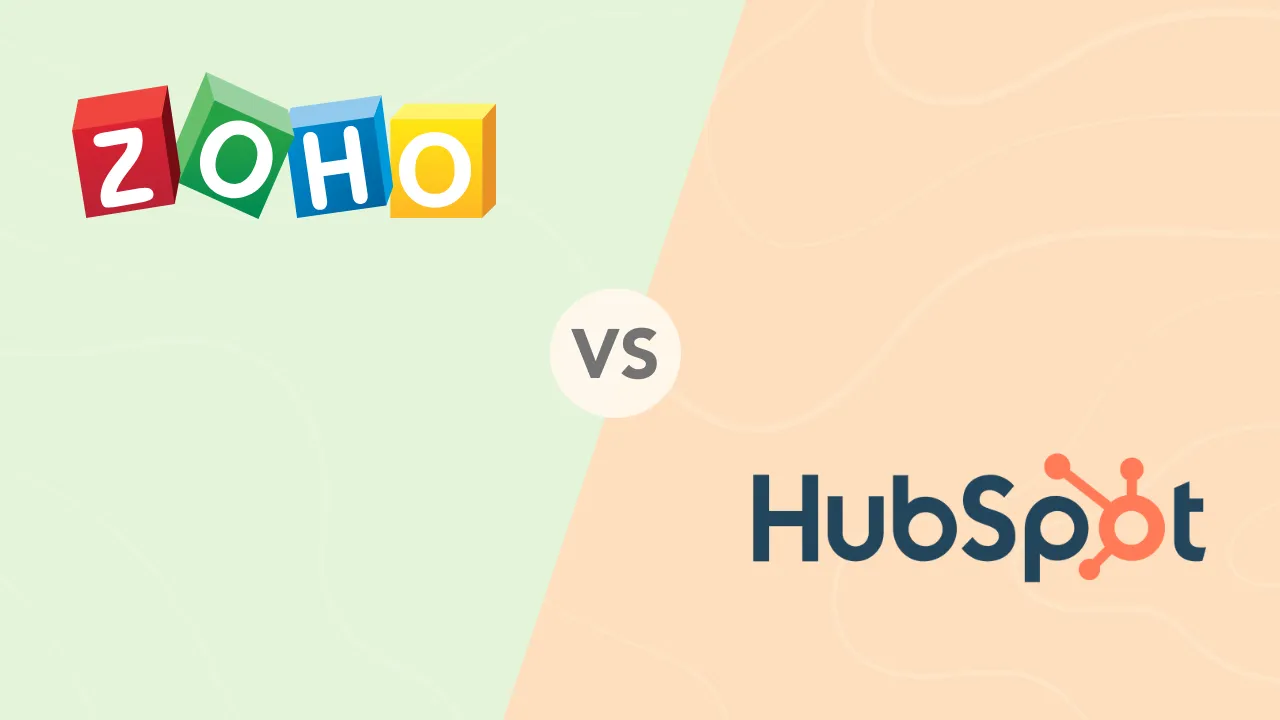How to Pick the Right Software for Your Real Estate Agency?
There is no question that staying ahead of the competition is crucial for success in the fast-paced world of real estate. It is important to note that with the increasing demands of clients and the need for efficient management, real estate agencies can greatly benefit from leveraging software solutions. Highly effective software can significantly improve agencies' operations, streamlining workflows and enhancing customer relationships. In this article, we'll learn the essential software tools for real estate agencies, like CRM, accounting software, website builders, and project management.
Customer Relationship Management (CRM) Software
A CRM system is a powerful tool that helps real estate agencies manage clients and prospects effectively. It enables agencies to track leads, manage customer information, and streamline communication. With CRM software, real estate agents can:
Organize and track leads: CRM software allows agencies to capture and organize leads in a centralized database. Agents can input leads, track progress, and assign tasks, ensuring no opportunity slips through the cracks.
Nurture client relationships: CRM software helps agents personalize their interactions and provide a better customer experience by maintaining detailed client profiles and tracking communication history. It enables agents to stay connected, send targeted marketing campaigns, and schedule follow-ups.
Monitor sales performance: CRM software provides valuable insights into the sales pipeline, allowing agencies to analyze conversion rates, monitor agent performance, and identify areas for improvement. It helps agencies make data-driven decisions and optimize their sales strategies.
Accounting Software
Accurate financial management is essential for any real estate agency's success. Accounting software simplifies financial tasks and ensures transparency and efficiency in managing transactions. Here's how accounting software can benefit real estate agencies:
Streamline financial processes: Manual bookkeeping and financial management can be time-consuming and error-prone. Accounting software automates invoicing, expense tracking, and financial reporting, reducing the administrative burden on agencies.
Track income and expenses: With dedicated accounting software, real estate agencies can easily monitor income and expenses, track payments, and generate financial statements. It provides a clear overview of the agency's financial health, enabling informed decision-making.
Ensure compliance: Real estate agencies must adhere to specific accounting regulations and tax requirements. Accounting software helps agencies stay compliant by automating tax calculations, generating reports, and simplifying tax filing processes.
Website Builders
Real estate agencies need a strong online presence in today's digital era. A professional website showcases properties, attracts potential buyers and sellers, and is a valuable marketing tool. Here's how website builders can help:
Easy website creation: Website builders provide user-friendly interfaces and customizable templates, making it simple for real estate agencies to create and maintain their websites without extensive technical knowledge. They offer drag-and-drop functionality, allowing agencies to showcase property listings, integrate contact forms, and highlight their services.
Mobile optimization: With a growing number of users accessing websites through mobile devices, website builders ensure responsive designs, ensuring a seamless browsing experience across various devices. Mobile optimization is critical to capture potential leads and engaging with a wider audience.
Project Management Software
Real estate agencies handle multiple projects simultaneously, making project management software essential for efficient planning, coordination, and execution. Here's how it benefits real estate agencies:
Streamline project workflows: Project management software enables agencies to create and assign tasks, set deadlines, and track progress. It provides a centralized platform for collaboration, ensuring all team members are aligned and aware of project updates.
Document and file management: Real estate projects involve many documents, including contracts, permits, and property records. Project management software allows agencies to store, organize, and access documents securely, eliminating the hassle of physical paperwork.
Resource allocation: With project management software, agencies can allocate resources effectively, assign team members to specific tasks, and ensure optimal utilization of time and skills. It helps streamline operations and enhances productivity.
The Bottom Line
In a competitive real estate market, leveraging software solutions can significantly improve real estate agencies' efficiency and effectiveness. CRM software enables agencies to manage client relationships and nurture leads while accounting software ensures accurate financial management and compliance. Website builders offer a professional online presence, attracting potential clients, and project management software streamlines workflows and enhances collaboration. By adopting these essential software tools, real estate agencies can stay ahead of the curve, boost productivity, and drive business growth.




















